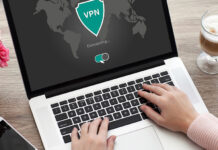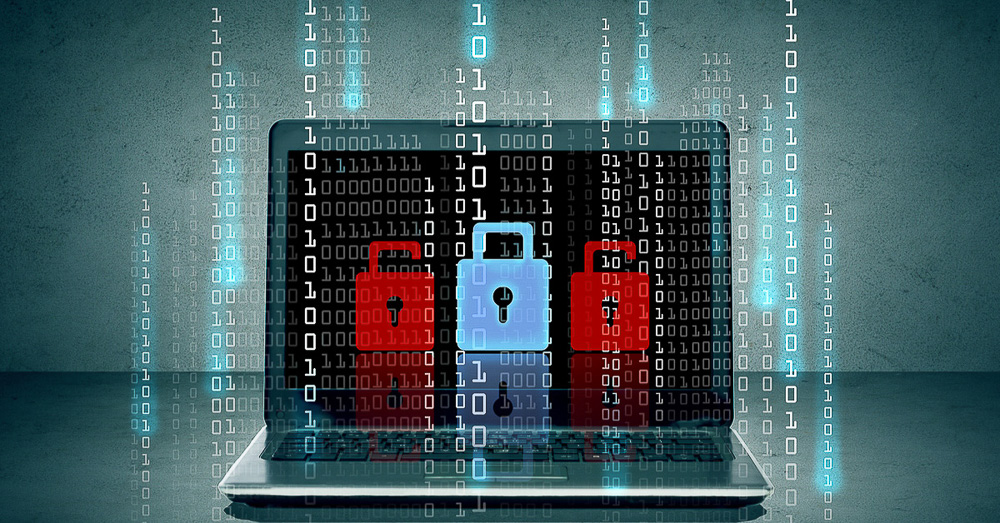Virtual Private Networks (VPNs) have become increasingly essential tools for both individuals and businesses to protect their online privacy, enhance security, and access restricted content. By encrypting internet traffic and masking IP addresses, VPNs offer numerous benefits that make them indispensable in today’s digital landscape.
Protecting Sensitive Data
One of the primary reasons individuals and businesses should consider using VPN services is to protect sensitive data from prying eyes. In an era where cyber threats are rampant, VPNs provide a secure tunnel for data transmission, encrypting information and making it unreadable to hackers, government agencies, and other third parties attempting to intercept or monitor online activities. This encryption helps safeguard personal information, financial data, and confidential business communications from unauthorized access and cyber attacks, reducing the risk of identity theft, data breaches, and financial loss.
Bypassing Censorship
VPNs enable users to bypass censorship and access the open internet, even in regions where certain websites, services, or content may be restricted or blocked by government authorities or internet service providers. In countries with strict censorship laws or government surveillance, VPNs provide a means for individuals to exercise their freedom of expression and access information freely without fear of censorship or surveillance. By connecting to VPN servers located in other countries, users can circumvent censorship filters and access websites and online services that may be inaccessible in their own country due to government restrictions or censorship laws.
Accessing Geo-Restricted Content
Another compelling reason to use VPN services is to access geo-restricted content such as streaming services, websites, and social media platforms that may be unavailable in certain regions due to licensing agreements or copyright restrictions. Many popular streaming services, such as Netflix, Hulu, and BBC iPlayer, restrict access to content based on the user’s location. By connecting to VPN servers in other countries, users can spoof their location and bypass geographical restrictions, allowing them to enjoy unrestricted access to their favorite content from anywhere in the world. This not only enhances entertainment options but also provides access to educational resources, news websites, and other valuable content that may be restricted based on geographic location.
Enhancing Security on Public Wi-Fi Networks
Public Wi-Fi networks are notorious for their security vulnerabilities, making them prime targets for hackers and cybercriminals looking to intercept sensitive information such as passwords, credit card numbers, and personal data. When connected to a public Wi-Fi network, users are susceptible to various security threats, including eavesdropping, man-in-the-middle attacks, and malware infections. VPNs provide an extra layer of security by encrypting data transmitted over public Wi-Fi networks, protecting users from potential security threats. By encrypting internet traffic and routing it through a secure tunnel, VPNs ensure that sensitive information remains confidential and secure, even when connected to unsecured public Wi-Fi networks.
Securing Remote Work Environments
In today’s remote work environment, VPNs play a crucial role in securing remote connections and ensuring the confidentiality and integrity of sensitive corporate data. With the rise of remote workforces and distributed teams, organizations need secure solutions to enable employees to work remotely without compromising security. VPNs enable employees to securely access corporate networks and resources from anywhere in the world, allowing them to work remotely while maintaining the confidentiality and integrity of sensitive data. By encrypting data transmission and authenticating user identities, VPNs help mitigate the risk of data breaches and unauthorized access to corporate networks, ensuring that remote work environments remain secure and compliant with industry regulations.
Conclusion
In conclusion, the importance of using a VPN cannot be overstated in today’s digital age. Whether you’re concerned about protecting sensitive data, bypassing censorship, accessing geo-restricted content, enhancing security on public Wi-Fi networks, or securing remote work environments, VPNs offer a versatile and effective solution. By encrypting internet traffic, masking IP addresses, and providing a secure tunnel for data transmission, VPNs help individuals and businesses safeguard their online privacy, enhance security, and access the open internet without restrictions. With cyber threats on the rise and online privacy becoming increasingly important, investing in a reputable VPN service is essential for ensuring peace of mind and maintaining control over your online security and privacy.















